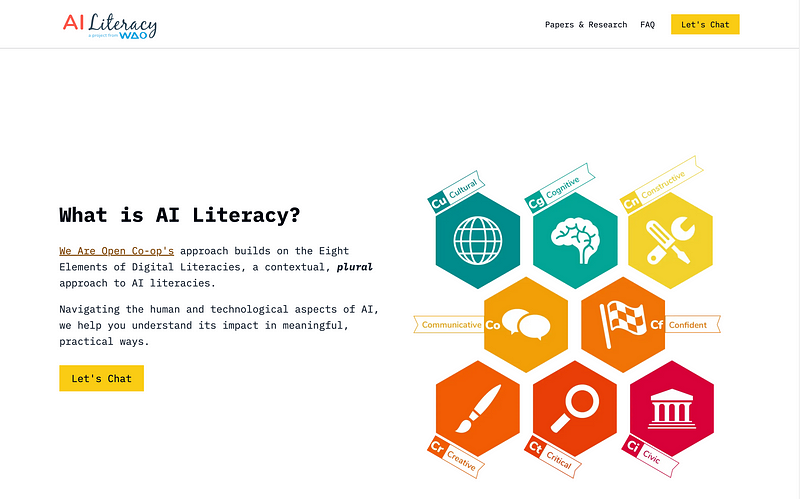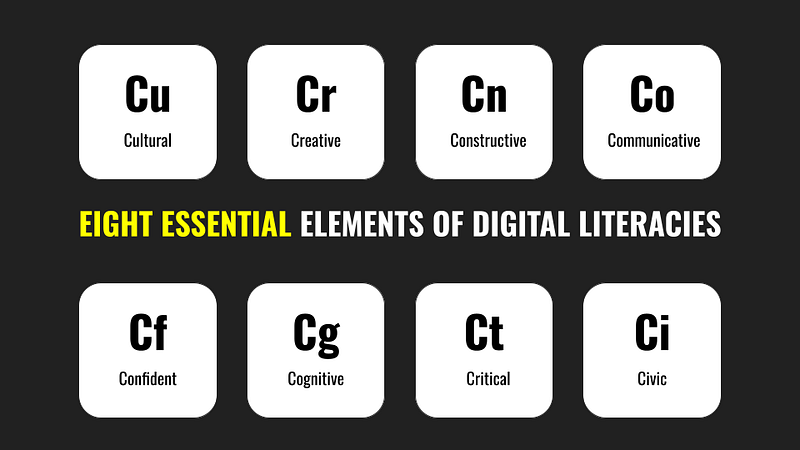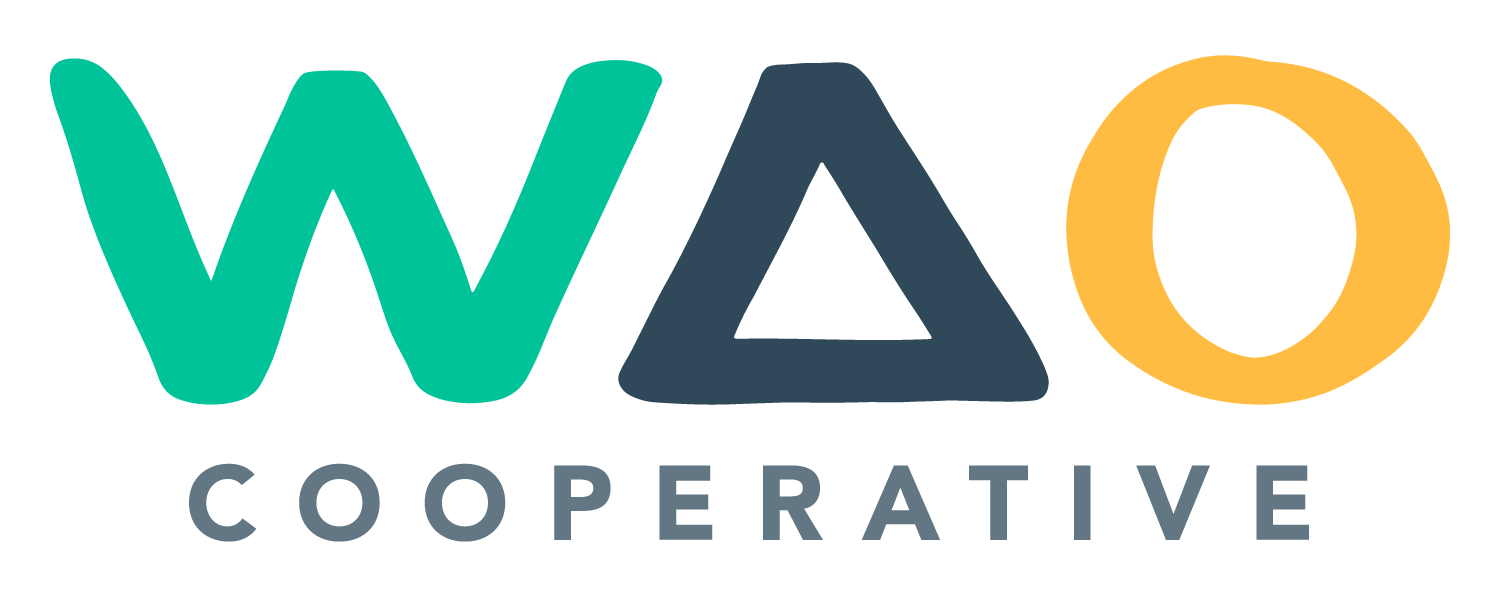
We Are Open Co-op (WAO) is a collective of individuals who share a commitment to ethical, inclusive, and sustainable practices in all aspects of our work, including AI literacy.
Our founding members are well-versed in this area. I wrote my thesis on the concept of digital literacies, while Laura Hilliger wrote her thesis on web literacy. Along with John Bevan, we worked on the Mozilla Webmaker programme, and more recently have responded to a UNESCO call on for definitions of AI and data literacy, and published a paper on what media and information literacy mean in today’s connected world.
We also have an upcoming paper with Friends of the Earth around Harnessing AI for Environment Justice, due to be published soon.
Digital literacies are plural and context-dependent, which means that AI literacies, as a subset of digital literacies, are too. There is no single “digital literacy” or “AI literacy” but rather a series of behaviours, practices, and habits of mind that change over time. These also depend on the context in which we are operating: this can include age, development, and experience; it can also include working environment, sector, and legislative frameworks.
WAO’s approach to AI literacies is informed by constructivism, pragmatism, and systems thinking, ensuring that our efforts are placed within intersecting historical, social, and technological contexts.
The Eight Elements
I wrote my doctoral thesis on digital literacies because I was interested in what the concept of ‘literacy’ means when we replace pen and paper with screens. Over the course of that investigation, I investigated multiple overlapping and competing definitions of ‘digital literacy’, eventually coming up with eight ‘essential elements’ of digital literacies. These elements are a starting point for a discussion which is dependent upon context. For example, digital literacies within a primary school classroom are very different to security researchers attempting to prevent the spread of misinformation within social networks.

The eight elements are directly applicable and offer ways to engage with AI technologies. This approach ensures that AI literacies are considered from a more holistic point of view, focusing as much on the human aspects as the technological. Critical engagement is important: just taking something off the shelf and attempting to apply it to a particular context is unlikely to meet with success. You have to do the work of contextualisation, which is best done through dialogue.
Applying the 8 elements to ‘AI Literacies’
- Cultural — Understanding AI’s impact on society, including cultural norms and media influence
- Cognitive — Evaluating AI outputs critically, understanding how AI works, and using AI tools in analytical tasks
- Constructive — Learning to create and modify AI tools, and applying AI in creative projects
- Communicative — Engaging with AI systems effectively, understanding AI’s role in communication platforms, and its impact on human emotions, relationships, and social well-being
- Confident — Building self-assurance in using AI technologies and interfaces
- Creative — Exploring innovative uses for AI and thinking ethically about AI design
- Critical — Questioning power dynamics, biases, ethical issues, and considering the environmental impact of AI.
- Civic — Examining AI’s role in governance, policy, social good initiatives, legal awareness, and economic implications.
Note that these definitions are slightly different to, for example, Angela Gunder’s Dimensions of AI Literacies which are also based on the eight essential elements approach. This is to be expected!
Our approach to AI literacies is grounded in the belief that AI literacies are part of digital literacies, not a separate field. We aim to demystify AI, helping people recognise that many of the skills they already possess are directly applicable to AI. Rather than actively promoting a single “AI literacy,” we seek to raise awareness of its significance and contribute thoughtfully to the ongoing discussion. Our goal is to share perspectives and resources that enable individuals to engage with AI critically and responsibly.
Next steps
Laura has an upcoming series of posts relating to our work with Friends of the Earth which we will share in multiple parts. You may also be interested in how to cooperate through the use of AI with your team.
If you need a thought partner for this kind of work, we’ve got the credentials, the experience, and the interest to help! Get in touch for a chat.

Discussion